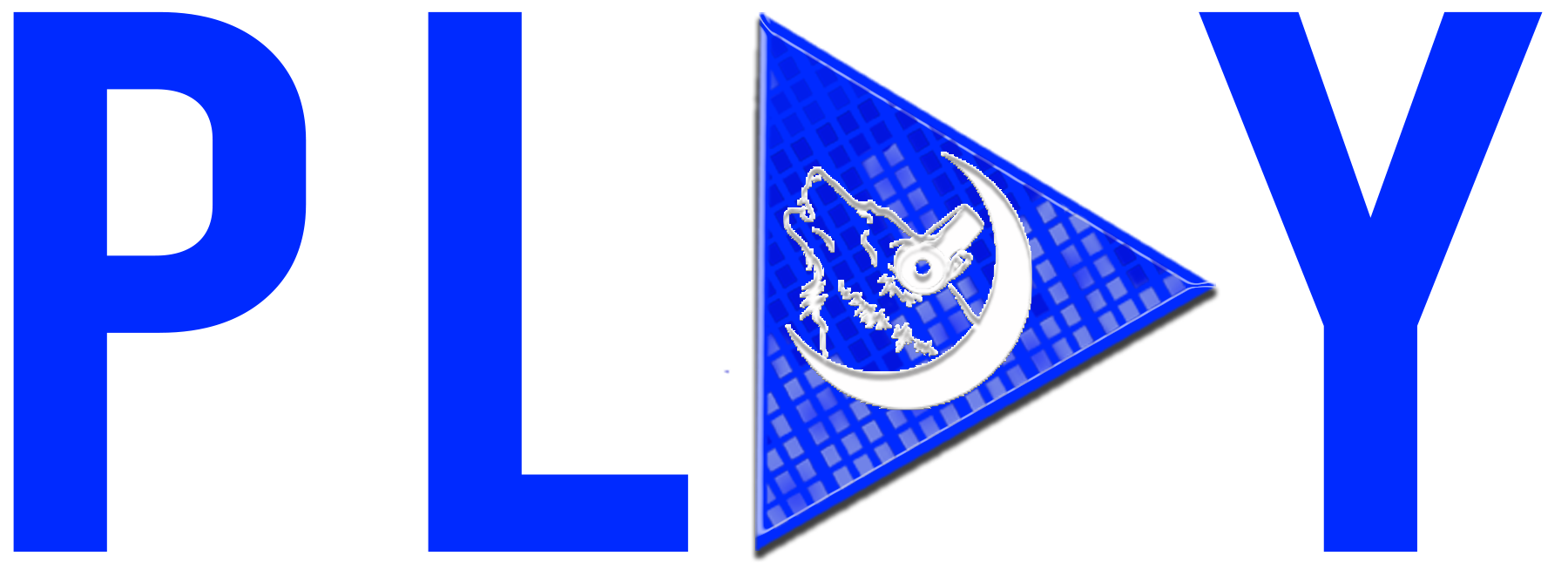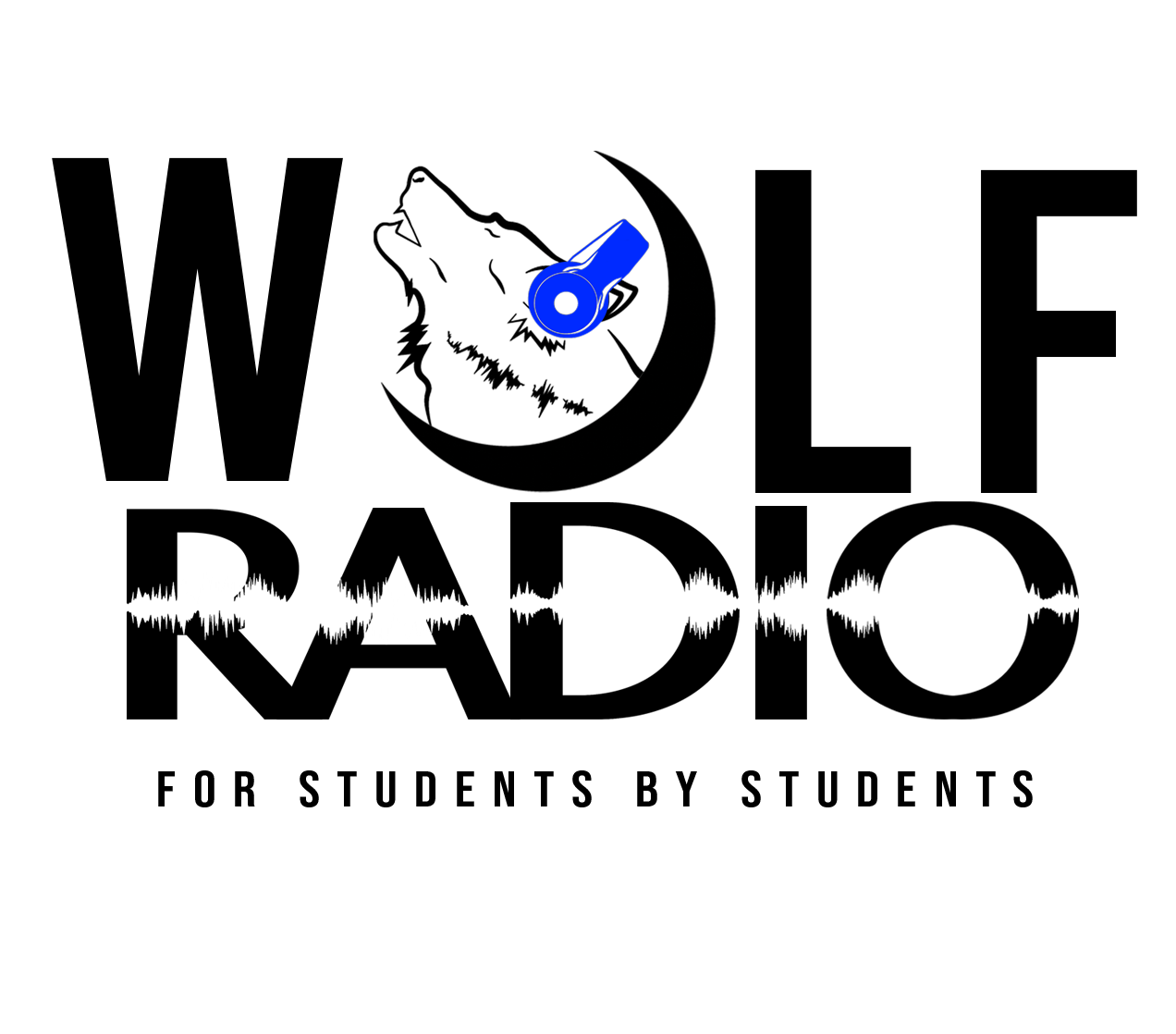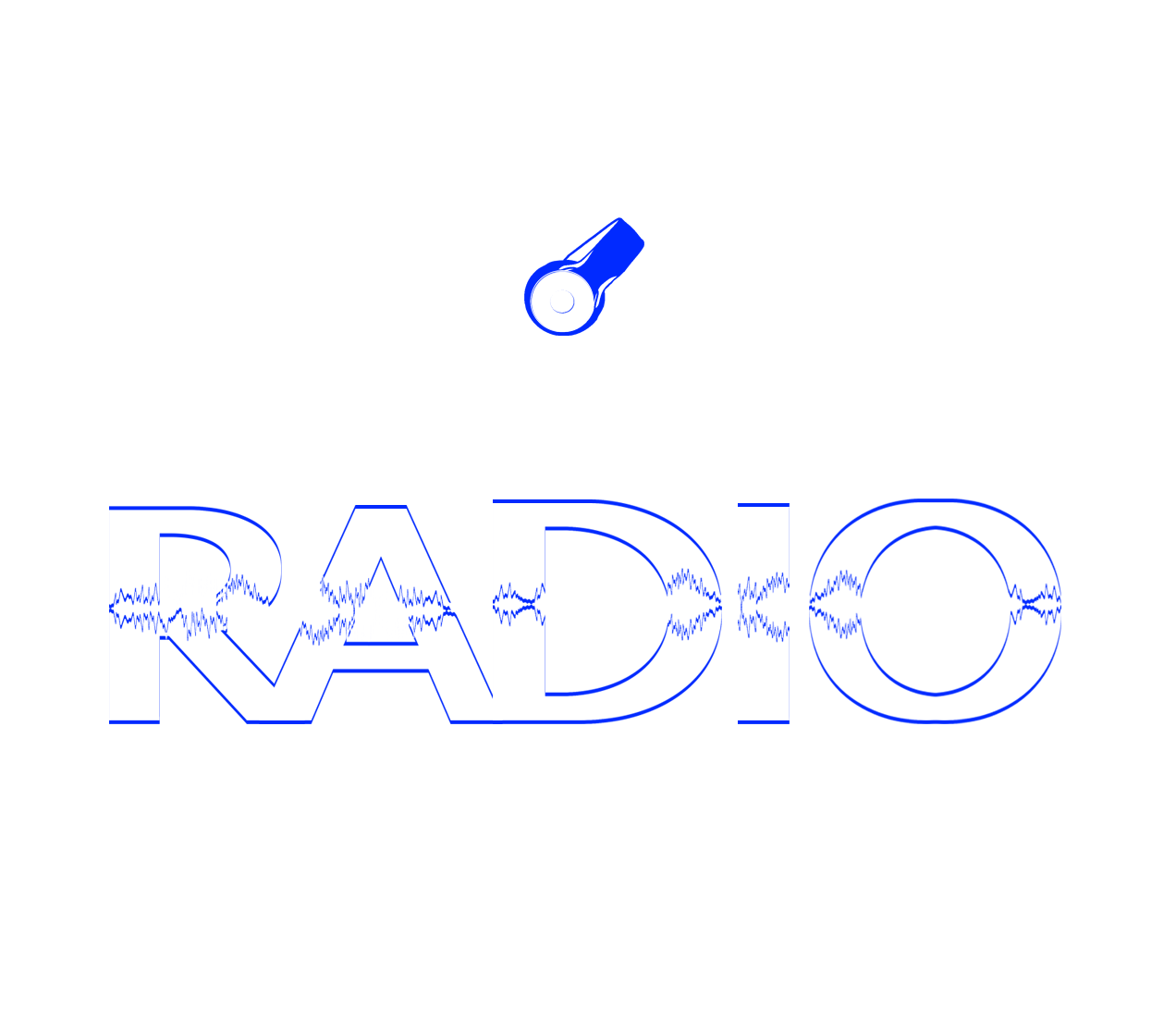Have you ever wondered what higher education is like across the ocean? Before transferring to the University of West Georgia, I attended middle school, high school and a well-known and respected university in France, Université Paris-Sorbonne, which qualifies me to say that although French and American universities have the same objective, to provide higher education to students, there are significant differences between the two systems.


First, higher education in France is notably strict. On the one hand, it is positive because the courses are rigorous and have a rather high intellectual level. On the other hand, French students receive a lot of criticism from their professors and it is difficult to receive good grades.
In the United States, oral participation is very important and highly valued. Students are encouraged to talk in class to have good grades at the end of the semester.
In France, speaking up is intimidating. French students must raise their hands only if they are sure that what they want to say is intelligent and correct. Otherwise, they remain silent in fear of looking stupid. When French students talk, they usually stick to an analysis of the topic or texts, while American students do not hesitate to make a connection with their personal life.
Additionally, in the United States, most classes rely on required readings. Whereas in France, students must read several biographies and novels at the beginning of the semester and be able to write well-structured essays during their final exams, which they learned to do from a very young age. In the United States, students are more familiar with quizzes with multiple choice answers and homework.
In the United States, the level of education is a bit lower, but the professors and students are on the same team. Feedback from professors is mostly positive and encouraging. It is easier for students to receive good grades, as long as they do their work correctly and on time.
In France, admission to universities is less selective than in the United States. While Americans must apply to several universities, have excellent SAT scores, write personal essays to prove their motivations, and have extra-curricular experiences in high school, French students just have to register. Of course, grades matter, but it’s principally a first come first serve system when it comes to admission.
Contrary to American students, who have lots of free time to work part-time jobs to finance school, French students have limited time for jobs. For instance, most Americans students usually have up to 3 classes a day, and no classes on Friday. French students usually have about five classes a day, every day of the week.
This doesn’t necessarily represent an issue for students as the cost for higher education is rather inexpensive in France, except if you attend a business school. Besides, French students can benefit from scholarships during their studies.
In the United States, college is extremely expensive, costing thousands of dollars, or even tens of thousands of dollars a semester. Whereas in France, students only pay about a hundred euros a year to register. (I only paid five euros to register in college because I was a scholarship recipient.)
American college campuses are like mini-cities, at least to an international student. American students have access to huge libraries, parks, sorority houses, several residence halls, gyms, stores, laundry rooms, cafeterias, and often many fast food brands like Starbucks, Chick-fil-A, Taco Bell, and much more. Everything is within reach.
French universities give access to a few cafeterias and a library here and there, but nothing that equals the excess of some American campuses. If you are lucky to be in one of the most beautiful universities in Paris, like Paris-Sorbonne, you might get access to numerous centers scattered everywhere. Generally, when you are a freshman you have to go to another university center, far from the main establishment for specific classes. If a student decides to do a Prépa, which is a preparation program before attending a university, the student is stuck on a high school campus for a year or so.
In the United States, classes start in early August. In France, classes begin in October. Unlike American students, who are impatient to have their spring break, French students prefer the months of July, August, and September to travel the world among friends.
In France, student involvement is useful, but not essential to success. On American campuses, there are sororities, fraternities, student organizations, and sport occupies a significant place. French students either decide to play sports, music, or they take part in the BDE. BDE stands for Bureau Des Étudiants (Office for Students), and it is a student association that welcomes new students, organizes extra-curricular activities such as student parties, and various other activities.
Technically, most American students are not allowed to drink or buy alcohol when they arrive in college, because they are not yet of the legal age. French students can legally drink in bars, in clubs, on the street, on the quays, in parks, since the legal age is 18 years old.
Finally, graduation is a big deal in the United States. Families and friends are invited to celebrate and mark this day forever. In France, only a few universities hold ceremonies, and more often than not, it is much less important than in the United States. Students usually find their results on the internet, get their diploma at the administration office, and that’s it.
Perhaps the mood is different, but the goal remains the same: to succeed in school for a better future.
Alma Beauvais is the News Director for The WOLF Internet Radio.








